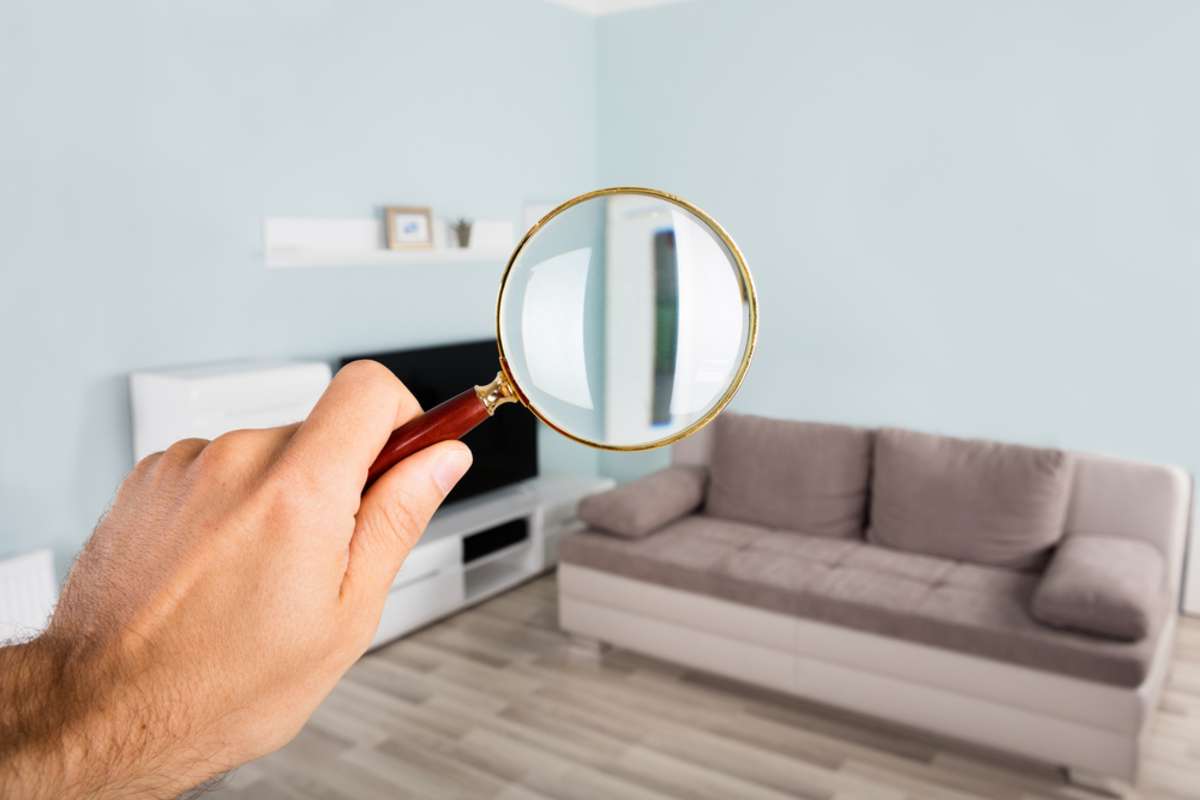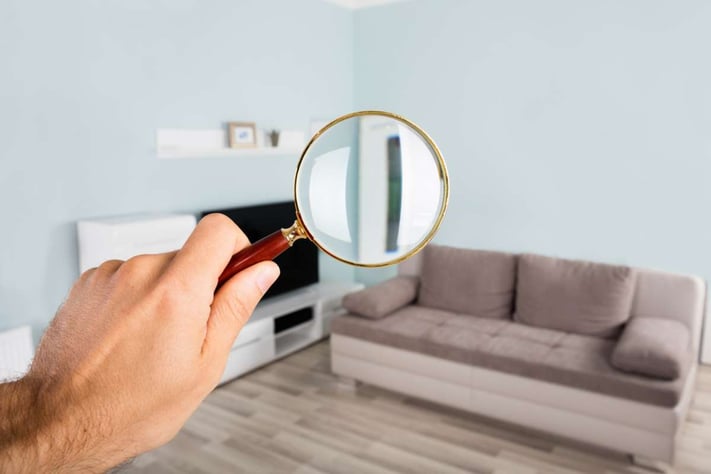What is a mid-lease inspection, and why is it a good idea? A mid-lease or midterm inspection is typically carried out halfway through the tenancy agreement. However, it's not just about checking whether there are pets on the property or whether your tenants are subletting illegally.
The purpose of these inspections is to gauge the condition of your property at various points during the lease term and help you maximize the return on investment. Let's dive into the details of mid-lease inspections and how a professional Philadelphia property manager can help you with the process.
Benefits of a Mid-lease Property Inspection
Conducting a mid-lease inspection can help create a good relationship with your tenants. The time spent will help open up communication channels to highlight and deal with issues early on. However, there are plenty of additional benefits to conducting these critical property reviews.
Six Benefits of Mid-lease Inspections
Property management companies can tell that these reasons make it worthwhile to plan and conduct rental property inspections during a tenancy.
-
Midterm inspections can allow the landlord or property manager to intervene promptly if the tenant is in breach of contract or if the property is being damaged in some way.
-
Similarly, mid-lease inspections allow residents to bring to light any maintenance issues or repairs that need to be made.
-
By doing regular inspections, property owners can remedy any issues before they become problematic and costly.
-
Regular site inspections paired with the prompt resolution of maintenance issues lead to strong long-term landlord-tenant relationships, which is ideal for your bottom line.
-
Annual site inspections let your renters know that you care about the property and how well it is maintained. This also encourages them to take better care of the property.
-
A further benefit of midterm inspections for tenants: it provides them with the opportunity to correct any issues on the property before the lease ends. This, in turn, could translate into them receiving their security deposit more quickly.
%20testing.jpg?width=712&name=Indoor%20damp%20%26%20air%20quality%20(IAQ)%20testing.jpg)
Despite the benefits, many rental property owners skip this process, either due to a lack of time or budget. If you're struggling to implement a routine inspection schedule, property managers can help!
What to Remember When Doing Mid-Lease Property Inspections
What should property owners keep in mind for effective property reviews that help improve the ROI on your investment property? Here are a few points property management experts recommend:
-
Schedule the inspection ahead of time and give your tenant fair warning that you will be on-site on a particular day.
-
Make notes during the inspection and take photos to track wear and tear and potential issues that may arise further down the line.
-
Before your visit, take time to review the rent roll. What does the payment history look like? Are there any payments outstanding?
-
Additionally, go over any prior notes that you may have made about the property and renter.
-
Check when the last major capital expenditures were made for the property, for example, a roof replacement or home automation upgrade.
-
Be prepared with a list of questions you would like to ask your tenant. Pose questions that will help you gauge the resident's satisfaction with the property and how vigilant they are with maintenance issues.
When planning your next inspection, rental managers recommend that the renter should be present. This makes it easier to address issues, ask questions, and simply check in with your tenants.
What Happens During a Mid-lease Property Inspection
Besides checking the bathtub for baby alligators, there are a few routine items that you can make during a mid-lease inspection.
-
Look for noticeable signs of damage.
-
Check toilets, showers, and underneath sinks for leaks and proper drainage.
-
Have a look for water damage on the ceilings, floors, and walls.
-
Ensure that the smoke detectors are still functional. Replace batteries if necessary.
-
Check the fire extinguishers.
-
Look for pests and insect infestations.
-
If necessary, replace furnace filters.
-
Check for electrical hazards, such as overloaded electrical outlets.
-
Ensure that all plumbing, electrics, and appliances are functioning correctly.
In addition, inspections are an ideal time to conduct routine maintenance to keep properties in excellent condition.
How Often Should a Property Owner Do Inspections?
Property owners may carry out multiple inspections in a year. It is advisable to stipulate how often site inspections will take place in the lease agreement.
While there is no hard-and-fast rule for the regularity of property inspections, landlords should conduct them at the beginning and end of a lease term (at minimum). Additionally, the frequency of mid-lease inspections depends on the type of property and the length of the rental contract.
Some property owners like to make seasonal inspections. For example, before winter, make sure that the necessary precautions are in place to avoid weather damage. At the beginning of summer, landlords might want to check AC units and replace AC filters.
The Benefits of Hiring a Property Manager for Inspections
So, what does a property manager do exactly? A property management expert can aid you in determining the ideal rent to charge and help you find reliable tenants. They also handle maintenance issues, collect rent payments, market vacant properties, and manage renters.

In addition, property managers are ideal resources for scheduling and maintaining a property inspection schedule. The right rental management team has the experience to use inspections to prevent significant maintenance issues, enforce the lease with renters, and keep properties in excellent condition to maximize ROI.
If you find that you don't have the time or expertise to keep up with mid-lease inspections, let Philadelphia property managers handle them for you!
Mid-lease Inspections Can Boost ROI on Your Investment Properties
Routine site visits protect your investment properties in the long term. A property manager can help you incorporate mid-lease inspections into your rental property operations—without adding more work to your plate!
The team of professional property management experts at Rentwell handles property inspections for owners, along with additional property management services. Reach out to our Philadelphia property management company to find out how we can help you get the most from your rental property investment!
For more information and help, contact Rentwell today!








